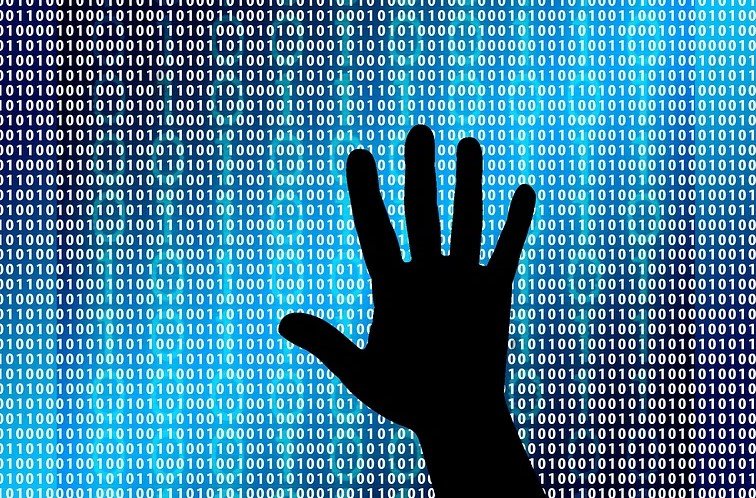Cyber-kidnapping is a disturbing criminal trend that involves hacking into the accounts of online gamers and streamers and demanding ransom for their release. The victims are often targeted for their popularity, skills, or in-game assets, and are threatened with losing their accounts, personal data, or even their lives if they do not comply.
How cyber-kidnapping works?
Cyber-kidnapping is a form of cyber-extortion that exploits the vulnerability of online gaming platforms and streaming services. The hackers use various methods to gain access to the victims’ accounts, such as phishing, malware, brute-force attacks, or social engineering. They then lock the victims out of their accounts and send them messages demanding payment in cryptocurrency or other forms of value.
Some cyber-kidnappers also use voice or video calls to intimidate the victims and make them believe that they are in physical danger. They may claim to have access to their personal information, such as their address, phone number, or family members, and threaten to harm them or their loved ones if they do not pay up. They may also use fake police or FBI badges to make their demands seem more legitimate.

Who are the targets and why?
Cyber-kidnapping is a lucrative and low-risk crime that can target anyone who plays online games or streams their gameplay. However, some groups are more vulnerable than others, such as:
- Professional gamers and streamers who have a large fan base, a high rank, or valuable in-game items. They may be targeted for their fame, reputation, or income potential.
- Casual gamers and streamers who have invested a lot of time, money, or emotion into their accounts. They may be targeted for their attachment, loyalty, or sentimentality.
- Young gamers and streamers who may not have adequate security measures, awareness, or support. They may be targeted for their naivety, curiosity, or fear.
How to prevent and deal with cyber-kidnapping?
Cyber-kidnapping is a serious threat that can cause financial, emotional, or physical harm to the victims and their families. Therefore, it is important to take preventive measures and act quickly if it happens. Here are some tips to protect yourself and your accounts from cyber-kidnapping:
- Use strong and unique passwords for your gaming and streaming accounts and change them regularly. Do not use the same password for multiple accounts or platforms.
- Enable two-factor authentication (2FA) for your accounts and devices. This adds an extra layer of security that requires a code or a confirmation from another device to log in.
- Be careful of phishing emails, messages, or links that ask for your personal or account information. Do not click on them or reply to them. Verify the sender and the source before opening or downloading anything.
- Do not share your account details, passwords, or codes with anyone, even if they claim to be your friends, family, or official representatives. Do not use third-party services or applications that promise to boost your rank, skills, or items.
- Keep your devices and software updated and use antivirus and firewall programs. Scan your devices regularly and remove any suspicious or unwanted files or programs.
- Backup your account data and personal files to a secure cloud or external storage. This can help you recover your account or data in case of a cyber-attack.
- If you become a victim of cyber-kidnapping, do not panic or pay the ransom. Contact your gaming or streaming platform and report the incident. They may be able to help you restore your account or data. You can also contact the local authorities or cybercrime units and file a complaint. They may be able to track down the hackers and bring them to justice.



































